
Oracle Cloud Integration Part 1: Introduction [Tech Article]
2017-05-15 21:26:09
详情:
Oracle Cloud Integration Part 1 Introduction
Let’s start with why we put together this series of articles.
Thesituation is pretty clear: most of the IT world is heading deep intothe Cloud. The biggest technology vendors, including Oracle, aredeliberately pushing their clients into a massive paradigm shift, andmany players once considered pioneers or visionaries in the incipientcloud computing business have emerged as juggernaut corporations.
Onthe other hand, today’s ultra-competitive market requires organizationsto be innovative and disruptive in order to remain relevant -- or evento survive. This is where many companies look to attain cloudcomputing’s main benefits: cost-reduction, elasticity, resiliency, rapidprovisioning, flexible charging models, and more.
Oneof the most relevant implications is the need for fast, reliable,modern, adaptable and ready-made cloud integration platforms. Thus, aconcept such as iPaaS has arrived, and it is here to stay.
So, why do we need to focus on cloud integration?
Thediversity of cloud vendors out there is huge and growing by the day. Inthis regard, even Oracle´s cloud solutions portfolio has becomeincredibly diverse. Having a lot of options can be great, but no onewants to end up building an unsustainable "Tower of Babel.”
Fortunately, a good selection of tools is available to help us mitigate and resolveany issues. Oracle has invested thoroughly in cloud integration and isnow able to provide a nice set of advanced capabilities, which we willfocus on in this article series. We believe that if we pair theseelements with a strong body of knowledge regarding fundamental concepts,design patterns and best practices, we can come up withstraightforward approaches for successfully jumping into cloudintegration initiatives.
Overthe course of four articles, beginning with this introduction, we willemphasize essential cloud computing concepts, integration scenarios, SOAand cloud computing touch points, as well as some hand-picked designpatterns for cloud computing architecture. All of the latter will becontextualized within Oracle’s cloud universe, highlighting the currentcapabilities, as well as some others that are identified in the roadmap.
Sobefore anything else, let’s start by reviewing the fundamental cloudcomputing concepts that will be referred to in this series.
Cloud Characteristics
Here are the most important characteristics of a Cloud:
On-demand usage
Ubiquitous access
Multi-tenancy
Elasticity
Measured usage
Resiliency
*If you're looking for a thorough definition of these concepts, we recommend the following body of knowledge: http://www.whatiscloud.com/
Delivery Models
Here are the most common delivery models related to cloud computing:
IaaS - Infrastructure as a Service (e.g., Oracle Cloud Infrastructure, Amazon Web Services)
PaaS - Platform as a Service (e.g., Oracle Java Cloud Service, Google App Engine)
SaaS - Software as a Service (e.g., Oracle Taleo, SalesForce.com)
Some of the more sophisticated offerings on the market derive directly from the aforementioned models:
NaaS - Network as a Service (IaaS)
iPaaS - Integration Platform as a Service (PaaS)
DBaaS - Database as a Service (SaaS)
Deployment Models
Thesedelivery models can be deployed and managed in a particular way,depending on access levels, permissions, resource availability,connectivity, security requirements and many other factors that willeventually shape the cloud offering’s deployment model of choice:
Public Cloud - Multi-tenancyand resource pooling are maximized, because any cloud-based asset maybe shared among a number of subscribers. Multiple organizations andparticulars usually coexist in this model, though each tenant’sproprietary information can remain private and secure.
Private Cloud –An organization owns, manages and provides a set of cloud-basedresources, which will be ultimately used with diverse purposes by cloudconsumers inside itself.
Community Cloud – Agroup of organizations with a common nature and related goals can puttogether and manage cloud-based resources in a joint effort. Thoseresources can be accessed and leveraged only by community members.
Hybrid Cloud – Acombination of two or more cloud offerings based on the modelsdescribed above. Regarding Oracle’s Cloud Adoption Strategy, this willbe the case of most clients, which only enhances the need for awell-rounded Cloud Integration practice.
Oncethe theoretical concepts are clear and understood, it is important toidentify the unique challenges to be faced when looking to adopt cloudcomputing technology and incorporate it into an organization’s ITecosystem.
In thatcontext, one of the main focus points should be integration, whichautomatically brings to the table a lot of questions:
How do I put this all together and make it work efficiently for the organization’s benefit?
Can the interaction between diverse cloud services/providers be automatized?
What are the security considerations, and how do we address them?
How do I go about cloud integration without going through an on-premise platform?
Are there any mature design patterns and best practices for on-premise to cloud integrations?
Allof these questions and many others have clear and very interestinganswers, which we will clarify in the upcoming articles that comprisethis series; these articles will focus on the following concerns:
Cloud to Cloud Integration
On-premise to Cloud Integration (and vice versa)
Hybrid Integration: Solving complex / sophisticated scenarios
Oracle Cloud Integration Part 1
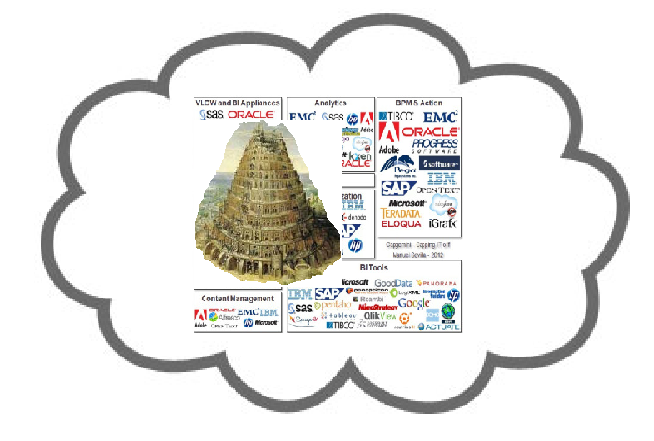

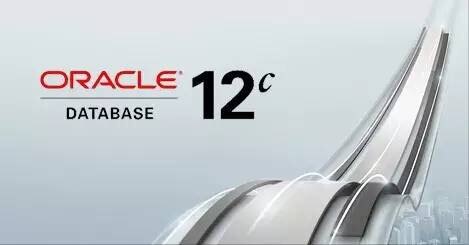
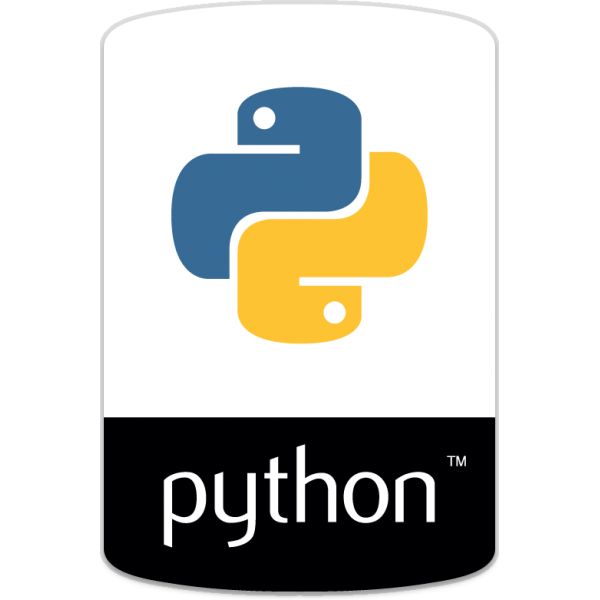
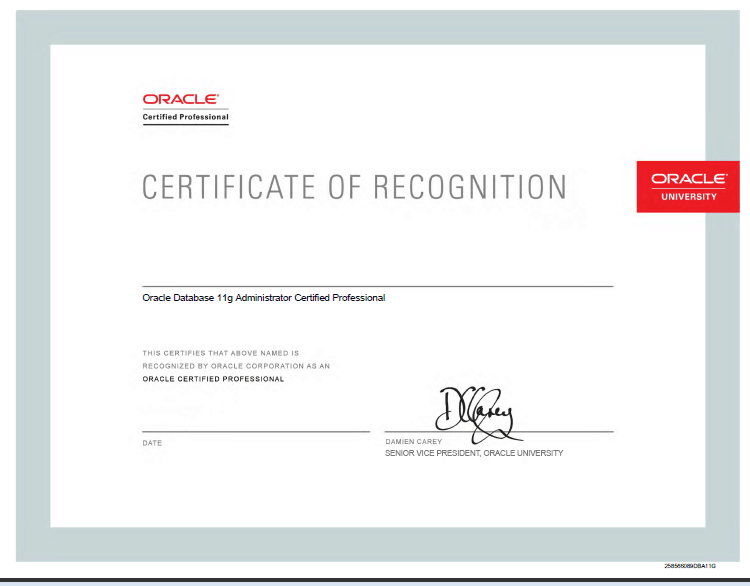
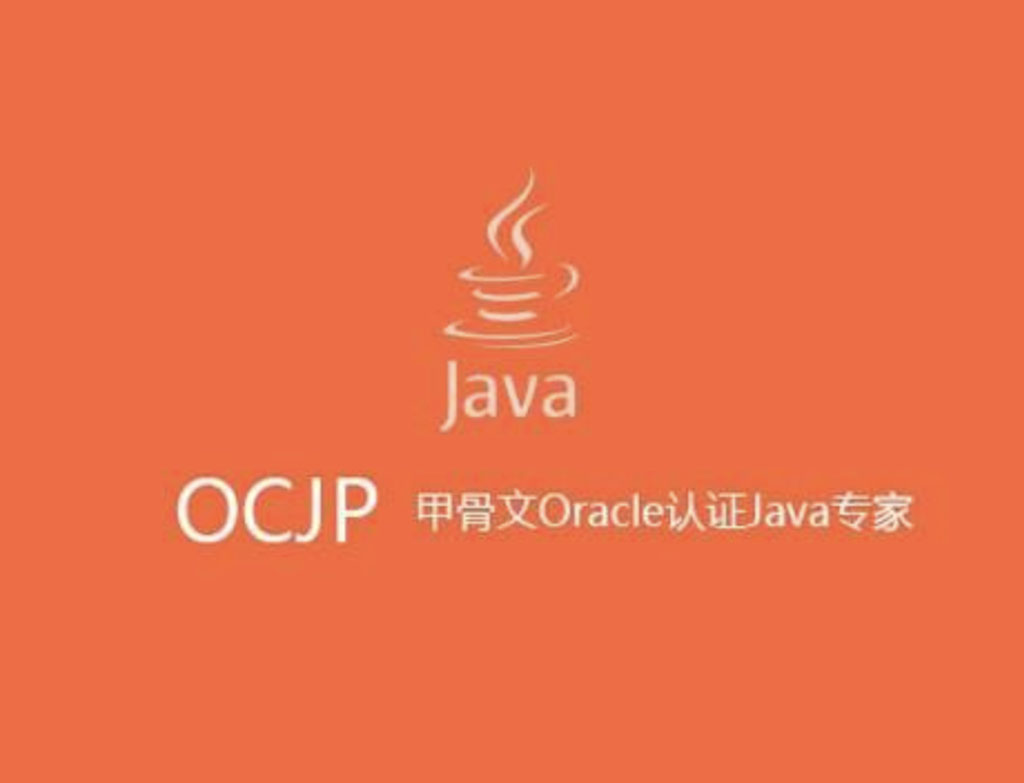
网上报名 免费试学+报名即可领取免费资料